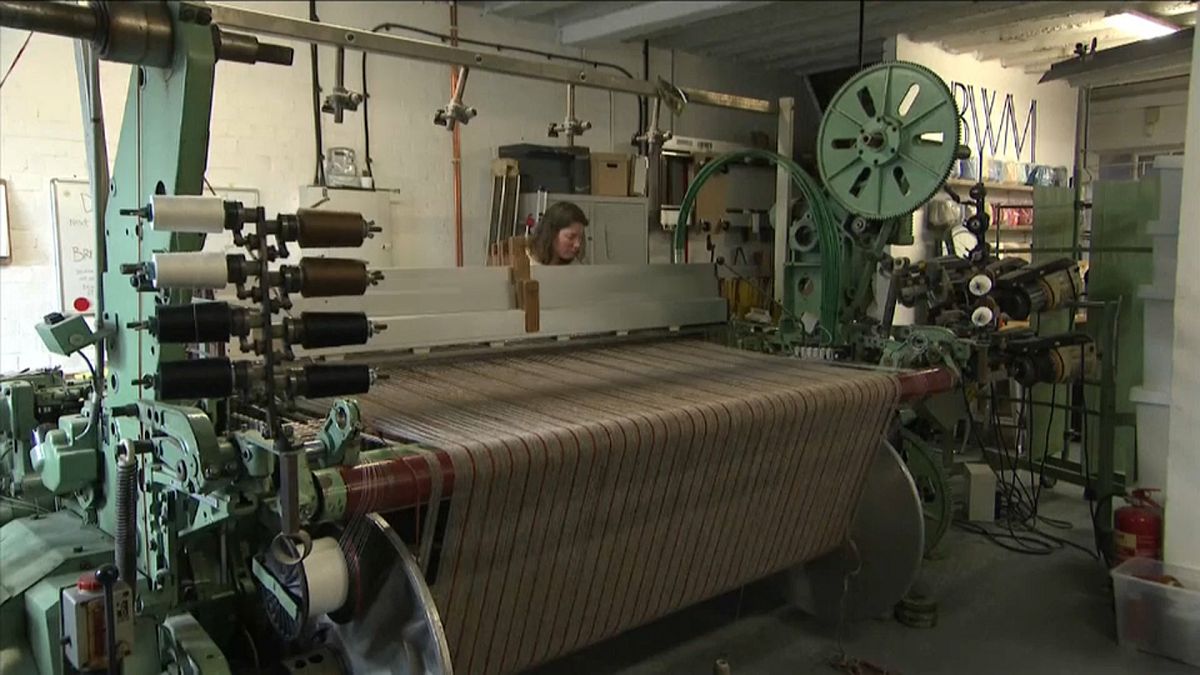The process involves no synthetic chemicals meaning the fabrics won't go to landfill at the end of their lives.
The looms are back in action at this Bristol mill, making a biodegradable fabric for a UK company that's challenging fast fashion.
At Bristol Weaving Mill, the process of making the sustainable Bristol Cloth involves no toxic synthetic chemicals meaning the fabrics won't go to landfill at the end of their lives, but will instead decompose.
It's also all done within 24 kilometres (15 miles) of the city, so there is no transport footprint – and a local industry is revived.
The UN European Economic Commission (UNECE) estimates the fashion industry is responsible for producing 20 per cent of global waste water and 10 per cent of global carbon emissions – more than the emissions of all international flights and maritime shipping combined.
Babs Behan, founder of Bristol Cloth, said: "The UK no longer has a wealth of textiles being manufactured here which are also grown here.
"A lot of the different elements of the production process happen in different continents and there's a lot of transport between continents as well. It's a highly unsustainable industry. So, we're looking to bring the manufacturing back to our shores, where it always used to be."
Local designers are now producing clothes using the fabric – the first 200 metres of Bristol Cloth sold out before it was even made. The next 200-metre batch is now being sold to companies as far afield as the United States and Australia.
Once processed, Bristol Cloth's lambswool yarn – from sheep which live just 19 kilometres (12 miles) from the mill – is naturally dyed, using colours extracted from wild plants and recycled farm foods.
Its makers hope their techniques become widely replicated, making consumers think twice about the clothes they buy and the impact making them has.
"I think there has to be a massive adjustment in terms of consumers' minds, not only about how much we consume, but what we consume and how much we're prepared to spend as well," says Jane Murrow, a textile design expert from London's Chelsea School of Art.
"Textiles, fashion and so on have been far too cheap, unrealistically cheap, for too long."
